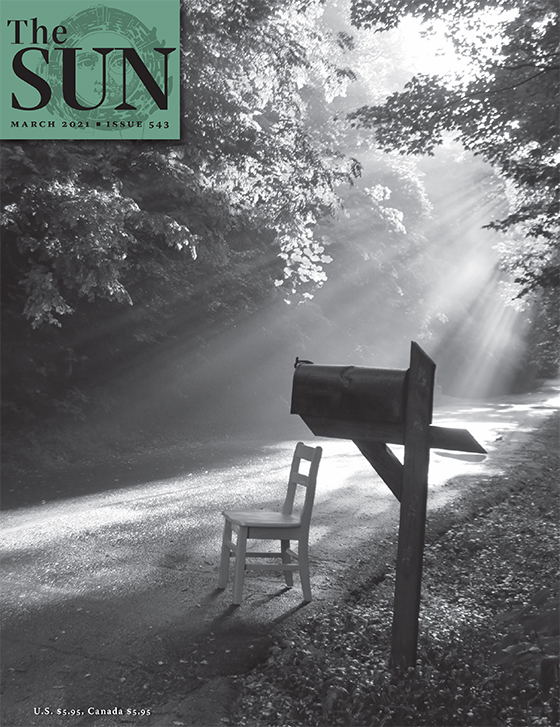Note: Don't ever miss a post
on Quick Brown Fox. Fill
in the "Follow Brian by Email" box to the right under my bio and get
each post delivered to your Inbox.
Also, you can hang out and chat with
quick brown foxes and vixens on my Facebook page (here). Just
send a friend request to Brian Henry
Finally,
if you’re not yet on my newsletter, send me an email, including your locale,
to: brianhenry@sympatico.ca ~ Brian
 |
| Footsteps in the Dark, Gothic Fantasy stories from Flame Tree |
Flame Tree publishing seeks crime stories for anthology. "It's time to turn to the darker side: the cold cases, the grim murders, the desperate villains, and the race against time to solve the crime. We're seeking up to 20 new stories to join our powerful collection of Chilling Crime Short Stories, new and classic tales reaching back into ancient, medieval, Elizabethan and Victorian fiction. From Oedipus Rex and Medea to Thomas More's story of the Princes in the Tower, Scheherazade's 'The Three Apples' and the chilling crime fiction of Dickens, Poe, Henry James, Baroness Orczy and Wilkie Collins."
Pays 8 cents/6 pence per word for original stories,
6 cents/4 pence for reprints.
Deadline: March 14, 2021. Guidelines here.
Hungry Zine is a community-focussed zine centring radical food stories, art and culture. Hungry seeks submissions for their first issue, on the theme of “Home Cooking” issue. Accepts poetry, flash fiction and nonfiction {maximum 1,000 words}, and visual art and photography. Pays $50.
Deadline
March 15, 2021. Guidelines here.
The Sun magazine, Chapel Hill, NC, USA. publishes personal essays, fiction, and poetry. Personal stories that touch on political and cultural issues are welcome. The Sun encourages submissions from writers of color. “Surprise us; we often don’t know what we’ll like until we read it.” Maximum word count about 7,000 words; no minimum.
Pays $300
- $2,000 for personal essays and short
fiction; $100 - $250 for poetry.
Always open to
submissions. Guidelines here.
CommuterLit is
looking for short stories, memoir, novel excerpts and poetry (one poem or a
series of poems), in any genre, with a word count of 500 to 4,000.
Deadline: Ongoing – they always need stories. Full submissions guidelines here.
Our Canada magazine wants your stories,
whether they’re about your grandma’s famous apple pie or the oopsie-daisy
adventure you and your friend took on one fateful winter afternoon.
“We want to hear about your Hometown and all its quirks and about that Favourite Vacation at home or abroad. Do you have a rickety old car story for our Wheels section? Or are you a Collector of unusual things now cluttering your shelves? Maybe you or someone you know is particularly Crafty or has a talent to be Showcased?
“We love to
get stories about The Way it Was and Funny tales of mishaps and misadventures.
Finally, because Canada is such a fantastic mosaic, we want to hear from
different Cultural viewpoints and about those exciting and/or difficult
journeys of Coming to Canada."
Always accepting submissions. Guidelines here.
Women in Higher Education magazine seeks to provide women on campus with practical ideas
and insights to be more effective in their careers and lives. Subscribers are
especially interested in advice from successful women on campus, communication
techniques, leadership, career strategies, ethical values, using intuition,
research on gender differences, mentors and role models, problems facing
women chairs, and ending sexual harassment.
WIHE is not an academic journal, but rather a monthly print magazine
that aims for accessible, engaging articles. Aim for a “good read.” Try to be upbeat and
positive, unless the topic requires a more serious tone. Think about what
readers can learn from your article. Give practical ideas and recommendations.
Provide concrete examples. Always try to imagine yourself as the reader and
ask, “What would I want to know?” about your topic.
Departments
Word counts are estimates, but WIHE doesn’t publish
articles over 1,500 words.
·
In Her Own Words: 800-1,100 words — research results, personal essays and
subjective insights on relevant topics
·
Moveable type: 800-1,100 words — synopsis of a useful book
·
Interview: 800-1,100 words — profile a woman leader in higher education
·
Features: 800-1,500 words — new programs, speeches, major research of
interest
Pays $150 per solicited guest
contribution. Currently, WiHE is not
paying for unsolicited guest submissions.
Always open for submissions. Guidelines here.
See Brian
Henry’s schedule here, including online and in-person writing workshops, weekly
writing classes, and weekend retreats in Algonquin Park, Alliston, Bolton,
Barrie, Brampton, Burlington, Caledon, Collingwood, Georgetown, Georgina,
Guelph, Hamilton, Jackson’s Point, Kingston, Kitchener-Waterloo, London,
Midland, Mississauga, Oakville, Ottawa, Peterborough, St. Catharines,
Southampton, Sudbury, Toronto, Windsor, Woodstock, Halton, Muskoka, Peel,
Simcoe, York Region, the GTA, Ontario and beyond.


















